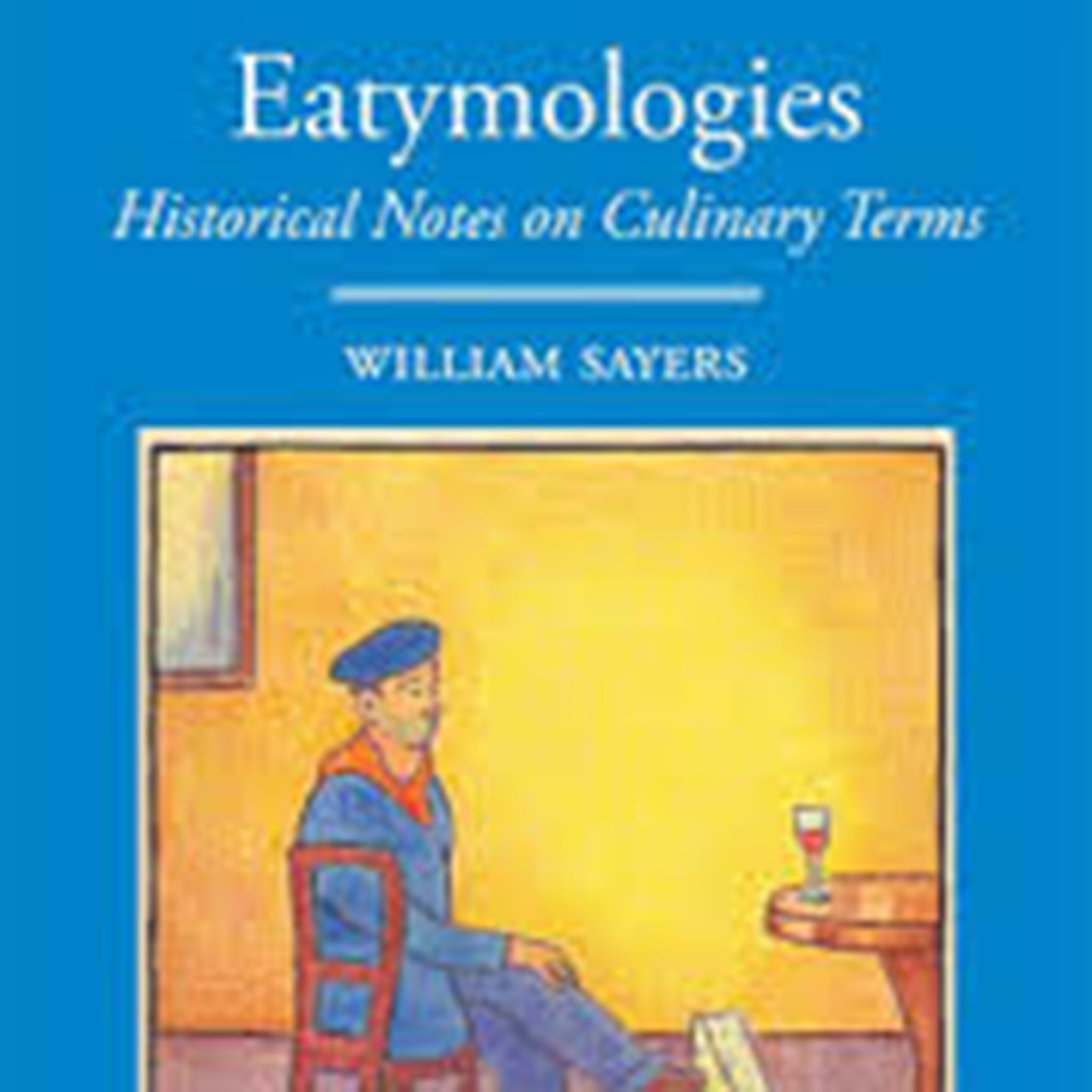Eatymologies by William Sayers, book review: A guide to the nonsense foodies like to spout
The main lesson from Eatymologies is never argue with an American etymologist

The Glen Baxter cover drawing of a French peasant with his foot stuck in a large wedge of blue cheese (caption: “Tom had a long history of Stilton abuse”) may be only distantly related to these “Historical Notes on Culinary Terms” but it is an appropriately droll farewell from the book’s idiosyncratic publisher.
Having recently sold Prospect Books, Tom Jaine can look back on a list that ranges from food poetry to Caroline Conran’s prize-winning Sud de France and a weird work about testicles (Balls in Cooking and Culture). He has published handbooks on quinces, soup, vindaloo, rhubarb, seaweed and (my favourite) tripe. If you want a cookbook on Afghanistan, Dickens’s dinners or an 1885 recipe collection from the Raj, turn to Prospect.
Eatymologies is the perfect finale to Jaine’s culinary omnium-gatherum. While impressively (sometimes impenetrably) scholarly, the American philologist William Sayers is also quirky (a chapter is devoted to Zola’s repulsion at “the pestilential stench” of certain cheeses) and irreverent. His pot-shots at the Oxford English Dictionary reach a climax in the demolition of its proposed etymology for “thivel” (a north British term for pot-stirrer). After accusing the OED of “smug editorialising”, he bluntly concludes: “Here the dictionary is in error.”
Eatymologies will provide an authoritative source for disputes among the gastronomically obsessed. As the book’s cover blurb (surely penned by Jaine) points out, “food enthusiasts … spend much time recounting how a dish got its name, but often they will be peddling nonsense”. Sayers puts us right on the origin of terms as varied as bun, mackerel (“In Latin, macula meant ‘spot’… maculatus ‘full of spots, spotted, speckled’ ”) and chitterlings (a “euphemism, apparently having originated as ‘kettle-boiled sausages’ ”).
Moving a step away from the dinner table, he explores the expression “pigs and whistles”, defined in a Victorian dictionary as “to go to rack and ruin”. This makes no sense until you learn that pig once meant “earthen pot”, while whistle referred to paying for a bar bill. Surprisingly, Sayers adds that Pig & Whistle was never a common name for a public house – there were only 10 in the UK in 1980; but he concedes that the name now proliferates abroad as “a commercial export of Olde England”. You can bet he’ll also be right about cod, haggis, strawberries … but the main lesson from Eatymologies is never argue with an American etymologist.
Order for £23 (free p&p) from the Independent Bookshop: 08430 600 030
Subscribe to Independent Premium to bookmark this article
Want to bookmark your favourite articles and stories to read or reference later? Start your Independent Premium subscription today.

Join our commenting forum
Join thought-provoking conversations, follow other Independent readers and see their replies